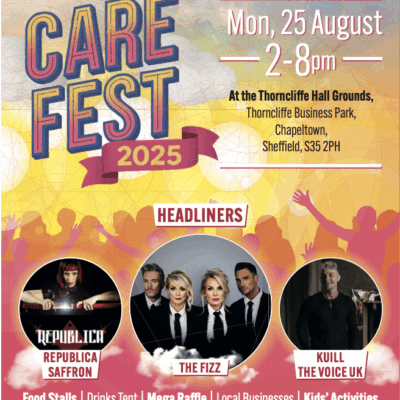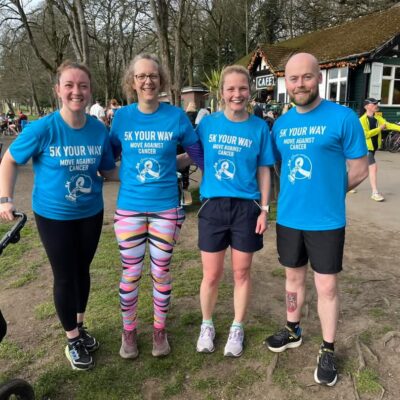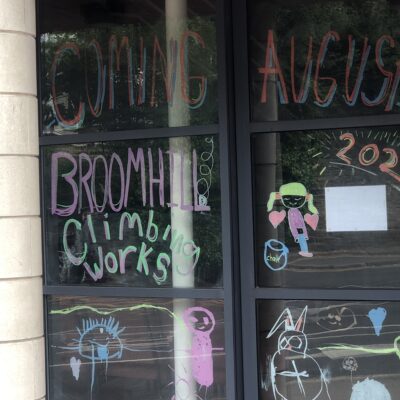Around 200 people revelled in a lively ceilidh dance party with an LGBTQ+ spin in Sheffield on Thursday.
Sophie Crawford, one of the founders of the Queer Folk UK and host of the event, described it as a ‘cabareilidh’ – a cabaret and ceilidh.
Guests spent two hours twirling through multiple dances, interspersed with a performance by Drag King Tito Bone.
The dances were specifically tailored to be gender neutral by Lisa Haywood as a way to make folk dancing more inclusive and diverse.
Ms Crawford, 32, explained how the events had originally come about.
She said: “I felt very alienated by the traditional folk scene. I loved the music, but I was always aware I wasn’t entirely welcome. Making ceilidh gender neutral shows that there’s other ways of being and fosters a sense of community.”
In between the dancing, Tito Bone, a self described ‘blind, nonbinary, bisexual drag king’ gave a performance of three songs, including rewritten renditions of Part of Your World from the Little Mermaid, and Whitney Houston’s I Will Always Love You.
The lyrics of the former were altered to describe their experience of wanting to do drag, the latter as a comedic love song aimed at their rainbow cane – earning cheers and laughs from the crowd.
The performer talked about the importance of the intersection of the LGBTQ+ community and the disabled community, and how they were inspired to do drag after interacting with other disabled performers.
A student attending the ceilidh said: “It was a great experience, I got to meet many new people and the range of ages felt very welcoming, as if it was a family party rather than a bunch of strangers.”
Ms Crawford and guitarist George Sansome started Queer Folk UK in 2020 during COVID-19 lockdowns, with an aim to link LGBTQ+ people through folk music, motivated by the silence about the LGBTQ+ presence in the folk world.

Ms Crawford, raised on folk music and in folk spaces, said that “It felt as if people couldn’t fully be themselves when existing in that [traditional folk] space”.
She and George felt that most folk music was ‘too heteronormative’, and took to the Sheffield archives to look for songs and “acknowledge the queerness within them” through things like linguistic coding, flower language, and general gender fluidity.
Though this is only the second Queer Folk event in Sheffield, they host ceilidhs four times a year in London, and will have an event in Coventry later this year.
They also organise residence events for LGBTQ+ musicians to get to know each other, and run a radio where queer musicians talk about their music and experiences.



